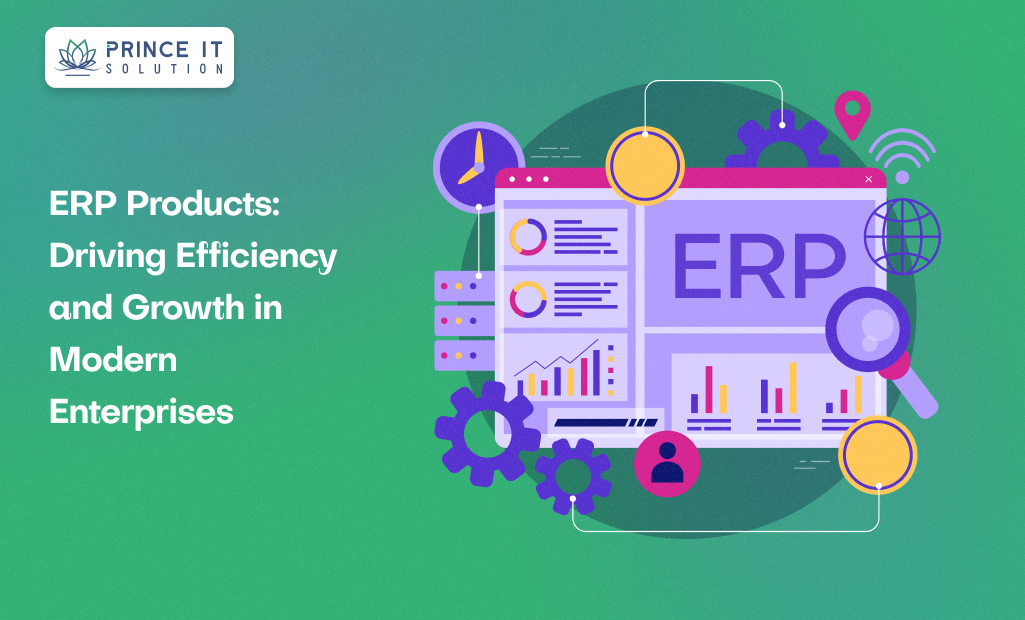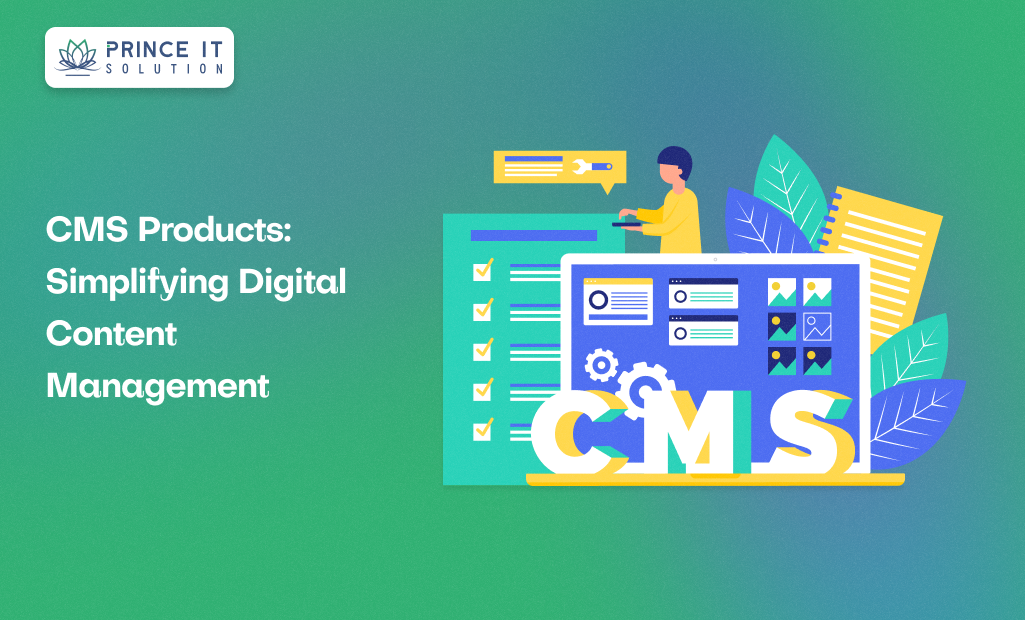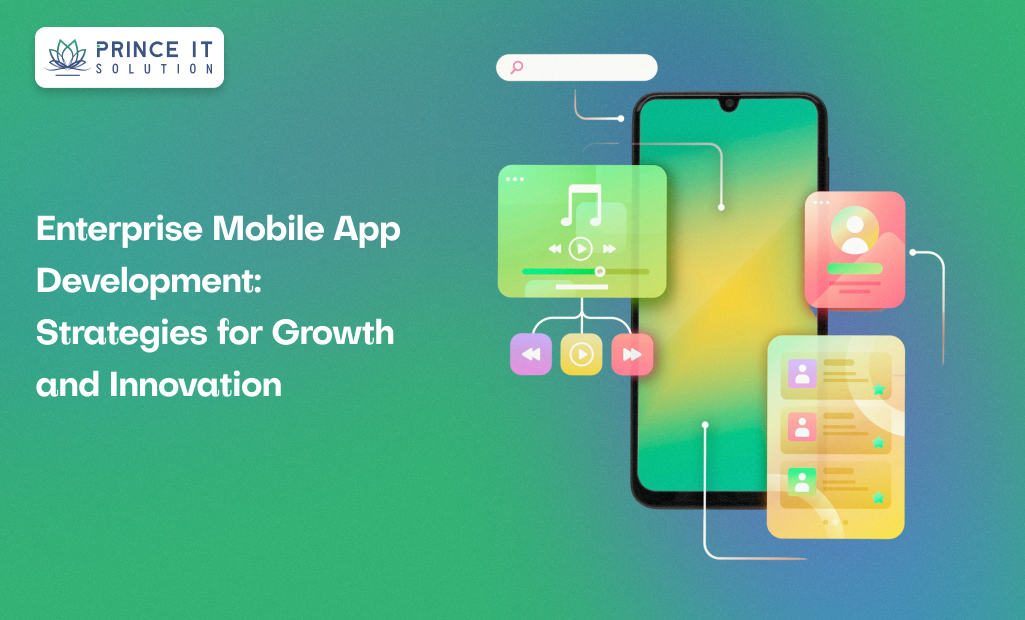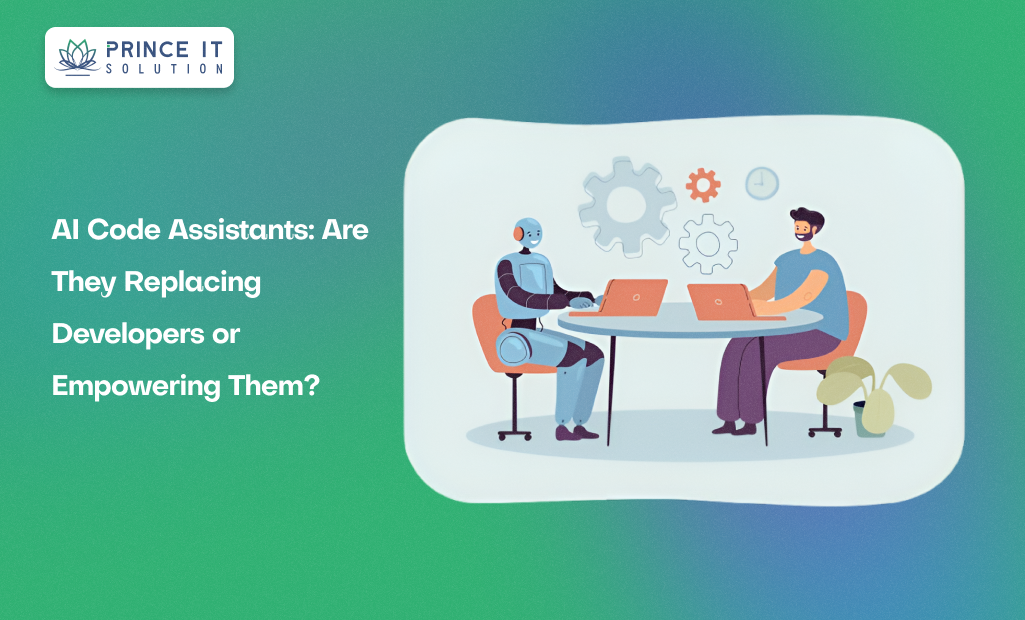Introduction
In today’s fast-paced business world, efficiency, accuracy, and real-time decision-making are critical for growth. Yet, many organizations struggle with disconnected systems, sales work in one platform, finance in another, HR in spreadsheets, and inventory in standalone software. This fragmentation slows down processes and creates costly errors.
Enter ERP (Enterprise Resource Planning) products, a comprehensive solution that integrates core business processes into a unified platform. From managing supply chains to analyzing customer data, ERP systems provide the backbone for digital transformation.
In this blog, we’ll explore ERP products in depth: their features, benefits, types, use cases, challenges, and future potential.
1. What is an ERP Product?
An ERP product is software designed to centralize and streamline business processes by integrating various functions such as sales, finance, HR, operations, and inventory into one system.
Instead of using multiple tools, ERP acts as a single source of truth, ensuring departments can access the same real-time data.
For example:
A sales order automatically updates inventory.
Finance gets notified of invoices instantly.
HR can access payroll details linked with accounts.
2. Core Features of ERP Products
Centralized Database – One unified system for all departments.
Real-Time Reporting – Instant insights into sales, inventory, and finance.
Automation – Automates repetitive tasks like invoicing, payroll, and approvals.
Customization – Tailor workflows to match industry-specific needs.
Integration Capabilities – ERP systems connect with CRMs, e-commerce platforms, and third-party apps.
Cloud & On-Premise Options – Flexible deployment models based on business requirements.
3. Key Benefits of ERP Products
Operational Efficiency: Reduces duplication of work and streamlines processes.
Cost Savings: Eliminates manual errors and optimizes resource usage.
Improved Collaboration: Departments share the same real-time data.
Scalability: ERP grows with your business, accommodating new processes.
Compliance & Security: ERP ensures regulatory compliance with secure data handling.
4. Types of ERP Products
1. On-Premise ERP
Installed locally on company servers. Offers high control but requires a large upfront investment.
2. Cloud ERP
Hosted on the cloud, accessible anytime, anywhere. Cost-effective and scalable.
3. Hybrid ERP
A mix of on-premise and cloud solutions for businesses needing flexibility.
4. Industry-Specific ERP
Custom ERPs designed for manufacturing, healthcare, retail, logistics, or education.
5. Popular ERP Products in the Market
SAP ERP – Ideal for large enterprises with complex needs.
Oracle NetSuite – Cloud-first ERP for fast-growing businesses.
Microsoft Dynamics 365 – Strong integration with the Microsoft ecosystem.
Odoo ERP – Open-source and highly customizable.
Zoho One (ERP suite) – Affordable and modular ERP for SMEs.
6. Common Use Cases of ERP Products
Manufacturing: Track production cycles, inventory, and supply chain in real time.
Retail & E-Commerce: Sync sales with inventory and customer data.
Healthcare: Manage patient records, billing, and compliance securely.
Education: Automate student enrollment, fee payments, and academic records.
Finance: Real-time expense tracking and automated reporting.
7. ERP Implementation Best Practices
Define Business Goals: Understand why you need ERP and what problems it should solve.
Choose the Right Product: Select ERP based on company size, budget, and industry.
Plan Data Migration: Ensure legacy data is cleaned and transferred carefully.
Employee Training: Prepare teams to adapt to new workflows.
Continuous Optimization: Track KPIs and adjust ERP processes regularly.
8. Challenges of ERP Products
High Initial Cost: Some ERP systems require significant investment.
Implementation Complexity: Poor planning can lead to project delays.
Resistance to Change: Employees may hesitate to adopt new systems.
Customization Needs: Tailoring ERP to unique business models may require expert support.
9. The Future of ERP Products
The ERP industry is rapidly evolving with cutting-edge technology:
AI-Driven Insights: Predict sales, customer behavior, and supply chain disruptions.
IoT Integration: Real-time machine and logistics tracking.
Mobile ERP Apps: Access ERP features on smartphones for remote work.
Hyper-Personalization: Industry-specific ERP solutions for niche businesses.
Blockchain in ERP: Secure financial transactions and supply chain tracking.
Conclusion
ERP products are no longer just enterprise tools; they are the backbone of modern business efficiency. By centralizing operations, providing real-time insights, and supporting scalability, ERP enables companies to stay agile in a competitive digital world.
Whether you are a small business adopting ERP for the first time or a large enterprise upgrading to cloud-based solutions, ERP systems ensure that your operations are smarter, faster, and future-ready.



